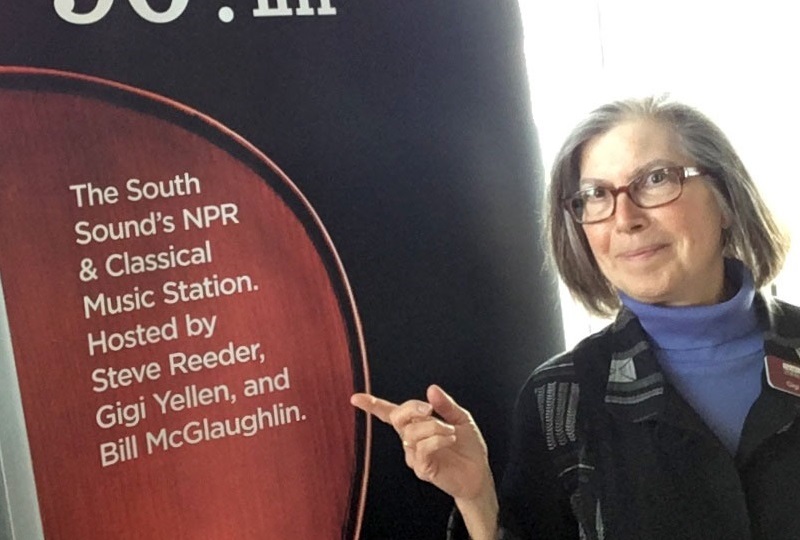
Gigi Yellen Reflects On Her Time At NWPB
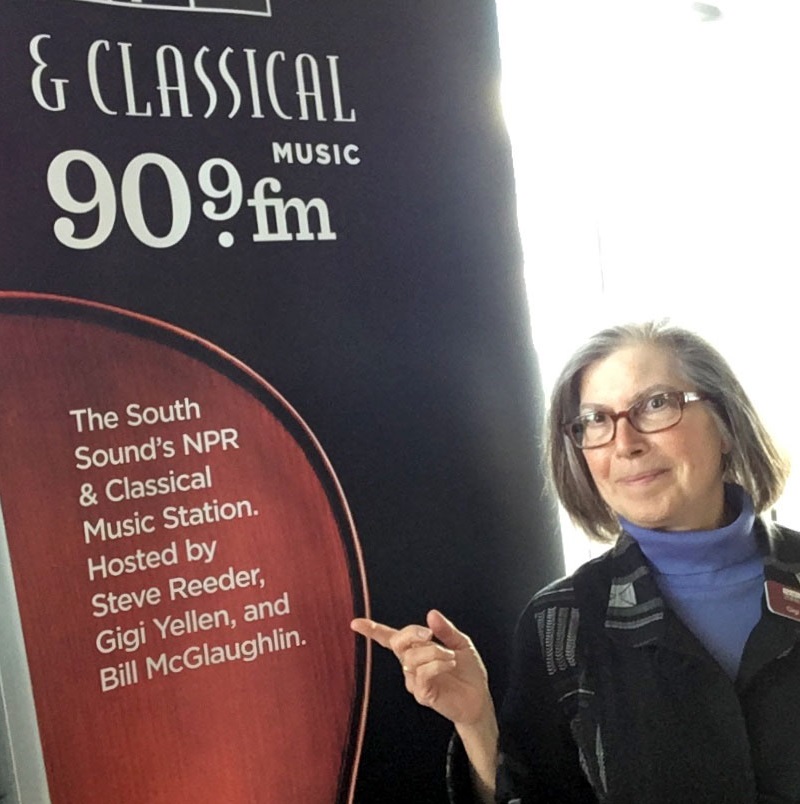
This week, we are saying goodbye to longtime classical music host Gigi Yellen. For more than ten years, Gigi has delighted NWPB listeners with music and commentary, and contributed to many more projects and initiatives. You can read or listen to her work on the Music and Culture page. We wish Gigi a happy retirement, and all the best on her next chapter.
Gigi sat down with Anjuli Dodhia to reflect on her career and her time at NWPB.
ANJULI DODHIA: You have been with NWPB for over ten years. You have been a part of so many projects and programming initiatives, and the digitization of the music library. What do you remember about those early days when you first arrived at what was then Northwest Public Radio?
GIGI YELLEN: The 50-minute drive, door to door, from my house in Seattle to the KVTI studios on the campus of Clover Park Technical College in Lakewood, didn’t change. But so much else did!
CDs were the music source, but the supply at the KVTI studios in Lakewood was a fraction of the size of the music library at the “mother ship” in Pullman. So whenever a staff member would make the trek across the mountains, they would bring a box or two of CDs for us. There was a certain pride in making do with what was there, but a few years later, the digitization of the library made it possible for us on the west side to share exactly the same library that the hosts in Pullman had.
Our Lakewood staff consisted of two on-air people, one marketing person, and one engineer. I was grateful to be working again with my longtime radio colleague Steve Reeder, a maestro of troubleshooting. The kind and cheerful Aki Wright, NWPR’s Community Partnership and Development Director for Western Washington, shared the suite, and shared my love of jazz. Aki was a paragon of community service. (His sudden passing at the age of 54 left big shoes to fill.) And there was our engineer, Clay Frienwald, upgrading the KVTI studios to NWPR standards; KVTI was still a new addition to the network. Clay gave in to my insistence that he leave the turntable in the production room. (I only used it once, but with the renaissance of vinyl, maybe that was a win for the future).

Steve Reeder and Gigi Yellen in the KVTI studios, January 2019 CREDIT: NWPB
DODHIA: How have you seen radio change, or not change, over your 50 years in broadcasting?
YELLEN: Actually, I’ve been in and out of broadcasting since 1973, when I broke a gender barrier as the first female voice on a station where all the announcers sounded like basses in tuxedos. It was the commercial classical music station in my hometown, Houston. Commercial classical radio: our symphonies and rhapsodies required some TLC from announcers, to somehow soften the listener’s shock at going from, say, Fantasia on a Theme by Thomas Tallis to a spot made to air on multiple stations during rodeo season. Are there even any commercial classical stations left?
I learned to edit on tape. Actual reel-to-reel tape. With a grease pencil and a razor blade and that skinny edit tape. Cut and paste actually meant that: the walls of an edit booth would be festooned with strips of audio; you would hope to remember which went where, as you went back to insert it. I got pretty good at quiet edits. Now, with digital editing, I can make them even quieter.
DODHIA: You credit your love of classical music to your music education and those first music teachers that you had. What did you learn that you now bring to being a music host?
YELLEN: A plug for elementary music education! I was an antsy kid. I still dance if I’m on the air live, and I think I approach the listener with a sense of being part of the music. Where, in this rhythm, should my voice enter? At what pace? At what volume? My elementary school taught me American folk music; we danced to The Nutcracker and to Peer Gynt and acquired rudimentary music skills in reading and conducting; played in a string orchestra; went to the symphony. My piano teacher scratched out the cute titles, like “Flight of the Fawns,” in the elementary book, and taught me to say “sonatina” and “prelude” instead. He also taught me how to pronounce Shostakovich.
And a plug for language education! Spanish is a great second language. Being a music host requires taking a leap into pronouncing names you don’t know. Spanish, with its absence of silent letters, makes a great default.
DODHIA: What do you think about when choosing music to play on NWPB?
YELLEN: What time is it? The listener is probably adding this audio to something else they’re also doing: driving, gardening, crafting, cleaning up the kitchen. If it’s Thursday afternoon, maybe they won’t want as much of a challenge to the ear as they might, say, at 10:00 on a Wednesday night. If they’re out driving, they’ll want shorter pieces; late night, they’ll have time for a whole Bach partita. Or the patience to discover a Shostakovich string quartet, or a more contemporary piece they’ve never heard.
DODHIA: While not a complete list, here are a few projects you have been directly involved in: Great American Read, Beethoven 250, Music Moments, Oktoberfest. Plus, you were the driving force behind Passing the Baton. Is there something you are particularly proud of that you have been involved in at NWPB?
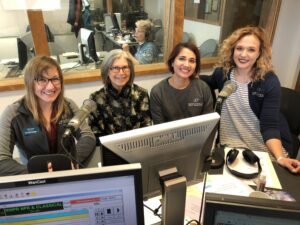
Former Music Director Jessie Jacobs (left), Gigi Yellen, Anjuli Dodhia, and Mary Ellen Pitney in the NWPB studios in Pullman. CREDIT: NWPB
YELLEN: Beethoven 250 was important because it was a pandemic response: 2020 was the 250th anniversary of Beethoven’s birth; we had all these sad announcements of long-planned concerts being canceled. So inviting our listeners to contribute their own Beethoven stories really helped pick up the mood.
Passing the Baton is all about education in life as well as music. Here we are, based in a university, at a college of communication, and why not showcase how the music we enjoy is the result of the generation-to-generation connections between teachers and students?
Also, behind the scenes? I’ve enjoyed fixing stuff on other people’s copy.
DODHIA: You have been hosting from the east coast for the past 10 months. And you were hosting while you were moving! For listeners who may not have realized, give us some behind the scenes tidbits. What was that experience like?
YELLEN: Ha! The remote hosting started with the pandemic! My kids insisted that I quit going to the studio in Lakewood in March of 2020. I had, at home, my computer, a pair of decent headphones, and a Blue Yeti mic. Jeff Snell and Kerry Swanson got me up and running. The listeners in those first few weeks were very tolerant! Hannah Snyder, who at the time was the tech person assigned to work with me on that, was, and continues to be, a paragon of patience. It was months before I was issued a station PC laptop, which I’ve been using ever since.
Those same kids, raised in Seattle, now resident on the east coast, insisted that mom and dad needed to move. So, we did, in the fall of 2021. I didn’t take much time off here. The NWPB laptop and I hosted music from a utility closet in a hotel. I hosted my part of Oktoberfest in our new rental house, from under a pile of blankets in a room too “live” for the job. Finally settled on a room with a rug on the floor, a big soft bed, and boxes of pillows all around. That worked, except for the occasional passing bus or truck, but even there, and in the new house, where I’ve converted a closet into an audio booth, I have to stop work whenever it’s yard work day: you don’t want to be hearing those machines behind me!
DODHIA: What has been the most rewarding part of being part of NWPB?
YELLEN: A sense of mission. Being here for that person who’s hearing something for the first time. It might be a piece of music, its back story, or a certain performer. Also, it’s so thrilling to say “The Edward R. Murrow College of Communication at Washington State University.”
DODHIA: Care to share a memorable moment or learning experience from your career?
YELLEN: A handwritten note came in from a listener who was enjoying my evening show while cleaning floors in a hospital. I keep that note on my desk.
DODHIA: What’s something you want listeners to understand about public broadcasting?
YELLEN: I refer you back to my experience on commercial radio: you want to hear commercials that were produced to air all over the place? Designed to grab and bother you and make you buy stuff? Or would you rather enjoy the tasteful company of educated people who respect your intelligence?
DODHIA: What’s next for you?
YELLEN: Whipping my nascent website into shape! Poetry, reading it and writing it. A book project. Nature walks. Grandchild time. Live concerts!
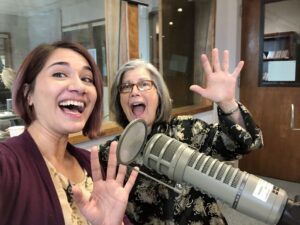
Related Stories:
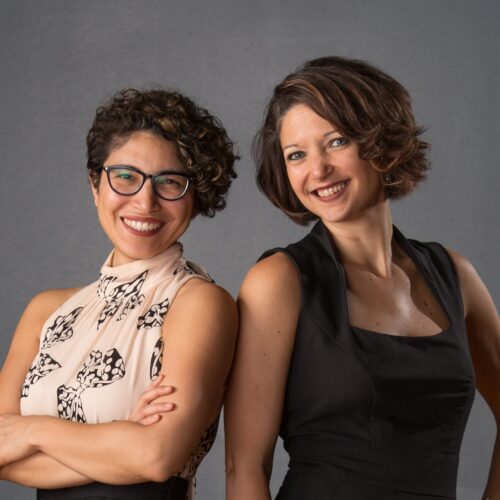
Music Moment: The Boulanger Initiative
Quick: name a classical music composer. Chances are, the first names that come up are not women.
Now there’s a new database that opens up centuries of women composers, linking their names to stories, performing scores, and recordings
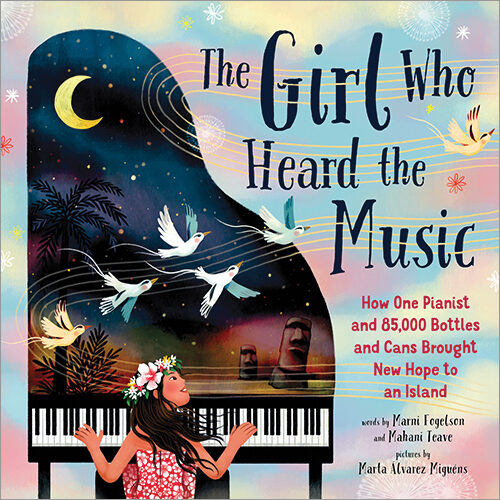
BOOK REVIEW: The Girl Who Heard The Music
When’s the last time you watched a Tiny Desk Concert? NPR’s popular in-office show became the Tiny Desk (Home) Concert when the pandemic hit. On June 24, 2021, one artist’s home studio performance came from a remote island in the south Pacific Ocean, two thousand miles west of Chile. The pianist Mahani Teave (teh-AH-veh) offered not only Handel and Chopin, but also a tour of the music school she helped to build on the island of Rapa Nui, where she grew up.

BOOK REVIEW: Chasing Chopin: A Musical Journey Across Three Centuries, Four Countries, And A Half-Dozen Revolutions
LaFarge’s Chopin journey began with an email to the creator of the video game “Frederic: The Resurrection of Music” during the 200th anniversary year of Chopin’s birth. An amateur pianist, she wanted to explore the game’s use of Chopin’s iconic “funeral march.” Of course, like all explorers, she couldn’t stop there.















